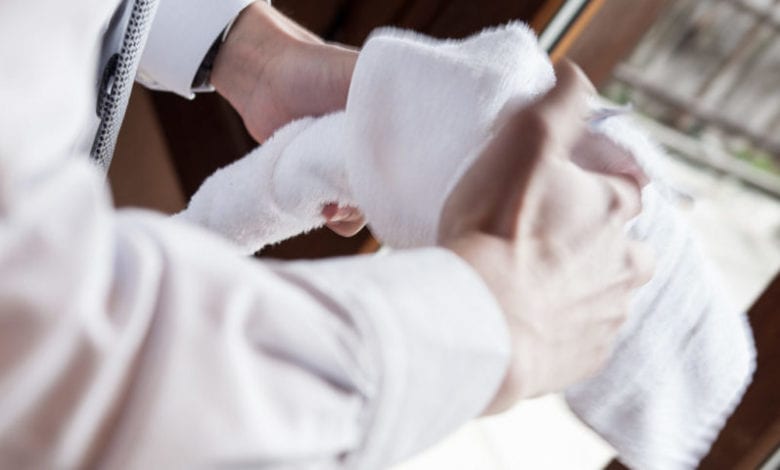One in five hospitality staff turn to alcohol and cigarettes for work-related stress

In a survey by luxury hospitality recruiter, The Change Group, of 246 people working in London’s top hospitality businesses, one in five workers cited smoking (23%) and alcohol (22%) as the main routes to relieving stress in the workplace.

